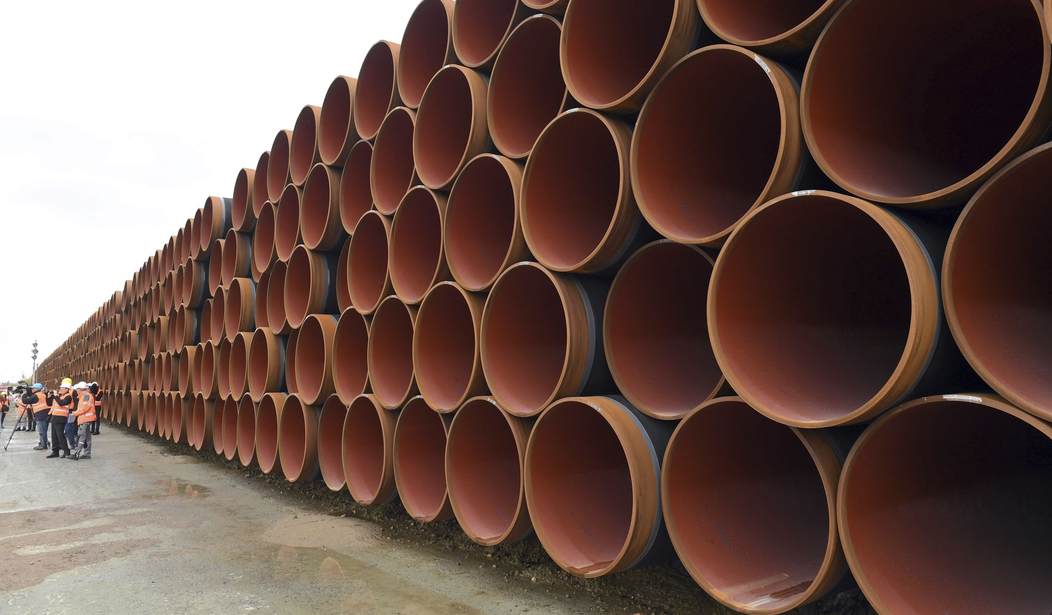Russian energy giant Gazprom announced that it was shutting down the gas flow through the Nordstream 1 pipeline into Western Europe for three days. The company cited “routine maintenance” as the reason for the shutdown.
Germany wasn’t buying the “routine maintenance” cover story, accusing Moscow of punishing Germany for its stance on the war in Ukraine and for imposing sanctions on Russia.
Gazprom shut down the pipeline last month for a similar reason. But when the gas started flowing again, it was at 20% capacity. EU nations are wondering what the supply situation will be like with winter approaching.
The newly announced maintenance shutoff raises additional fears that Russia could completely cut off the gas to try to gain political leverage over Europe as it tries to boost its storage levels for winter.
Germany recently announced that its gas storage facilities had reached 75% capacity, two weeks before the target date of Sept. 1. Germans have been urged to cut gas use now so the country will have enough for the winter ahead.
Gazprom said once the work is completed, the flow of gas through Nord Stream 1 will resume at its prior level of 33 million cubic meters, or just 20% of the pipeline’s capacity.
If there were any doubts about Vladimir Putin’s determination to use the threat of a natural gas shutoff to force the EU to abandon Ukraine, those doubts have now been laid to rest. Putin is already in the process of destroying the Russian economy. The economy is projected to contract by nearly 10% in 2022. Even if the war ended in the next couple of months, the sanctions will linger and continue to undermine the Russian economy.
The Washington Post compares this period to what was happening just prior to the collapse of the Soviet Union.
For now, it’s not unlike the end of the Soviet period. There may not be crashing commodities or fiscal mismanagement, but there are hard-currency stores and plenty of excess official optimism. There were forecasts this week that suggest these overly positive scenarios are now the baseline, for example in natural gas exports, where the 2022 outlook implies an unrealistic return to the status quo ante on sales to Europe. Economic thinkers willing to push back are in short supply.
Ultimately, it was economic collapse, not ideological pressure, that felled the Soviet Union. And as with the demonstrations over pensions back in 2018, there will be a trigger for protest and change from Russians themselves. The edifice will crack. The West has to encourage that by keeping a united front and focusing on the endgame, not cultural warfare.
As that period demonstrated, people can only live for so long on government promises. But Putin’s “us against the world” propaganda will continue to prop up his rickety regime until the people’s falling living standards and desperation send them into the streets to end the tyrant’s reign.










Join the conversation as a VIP Member